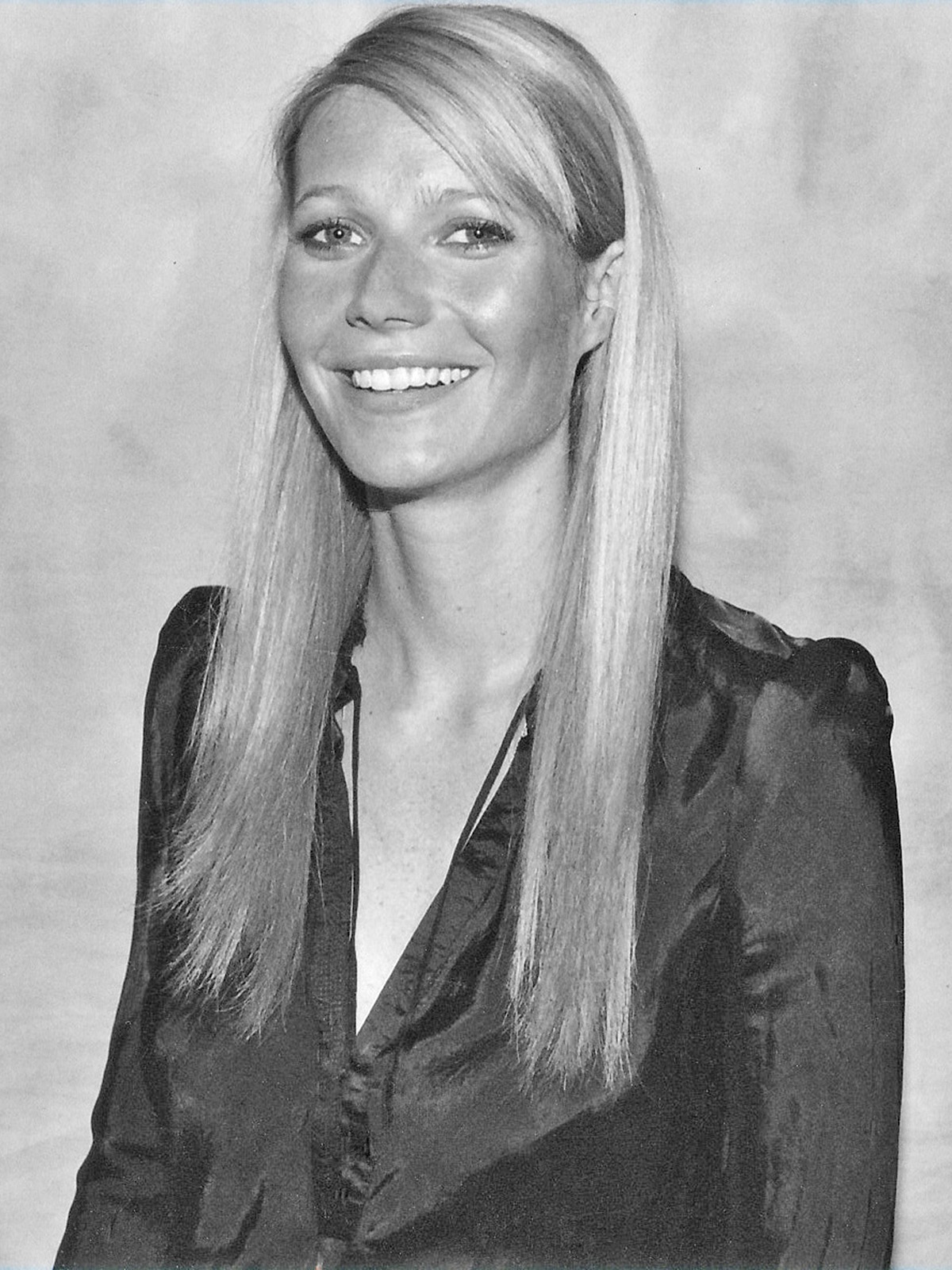
- Golden Globe Awards
Out of the Archives: Gwyneth Paltrow on Sylvia Plath
In 2003 Gwyneth Paltrow spoke with the journalists of the Hollywood Foreign Press Association in London about playing poet Sylvia Plath in the movie Sylvia with Daniel Craig as her husband, poet laureate Ted Hughes.
“I grew up reading a lot of poetry because the schools that I went to focused on it; so, I’m lucky that I learned to understand the language of poetry, which is fantastic because a really well-written poem can in such a short space of time connect you so completely to what life is about. And that was one of the most incredible things about making a film that was relying so heavily on the poetry, in order to understand Sylvia and to get into her mindset.”
“I was a fan of Sylvia Plath and I had read The Bell Jar, but I wasn’t overly familiar with her poems. I was more familiar with Ted Hughes’ poems actually; I had gotten a few copies of Birthday Letters when they came out, and I had them everywhere because his poetry is so amazing. So, her influence on me really started when I began researching the film, because I quickly felt such a strong connection to her, and I understood her struggle in a way that I didn’t understand other people that I had played or that I had admired in history.”
“What I admire most about her is the poetry itself; it’s so raw and fierce and frightening, and the imagery is so powerful. When she was on her final descent and writing Ariel, which to me is the most beautiful of her work, she had the strength to channel all of that feeling into something so beautiful, that has influenced so many people and so many women specifically. It’s a real act of bravery to be able to write it down, to channel it out and to share it with the world, when she was suffering as much as she was.”
“I was fortunate enough to speak to a couple of people who knew her, very good friends of hers, and they were really helpful in describing her highs and lows. There was a confluence of things that led to her suicide. A friend from Smith College, who had spoken to her at length about her first depression and her first suicide attempt, told me that Sylvia intimated that if that kind of black cloud ever came over her again, she basically wouldn’t live through it, that she would attempt suicide again. She was probably an undiagnosed manic depressive, based not only on my research but other conclusions that people have drawn about her. Then also the relationship with her husband was so tortured; it was kinetic and incredibly passionate, but they had this amazing connection that ended up cannibalizing itself, because of the way they both were to each other. So, the end of her marriage and the depression coming back, all of it came on to her at once and she found life untenable.”
“In the 1950s the perception of what a woman was supposed to be was fixed, in terms of everything, like the hair and the pearls and the dresses. And I imagine it must have been a tremendous pressure for her, and a form of torture in a way, to have a mind and a soul like Sylvia Plath’s, then to be forced to conform to what society expects you to be; because there were so many paradoxes between struggling with who she was as an artist and who she was supposed to be as a woman, as a wife and mother. It was probably one of her greatest downfalls that she wasn’t allowed to be who she was, to take shape and flourish; she was always trying to put herself into a box. Luckily in this day and age, we’re able to have a lot more freedom and there isn’t a stigma attached to women working the way that there used to be, or to women not being married or becoming mothers by a certain age or not.”